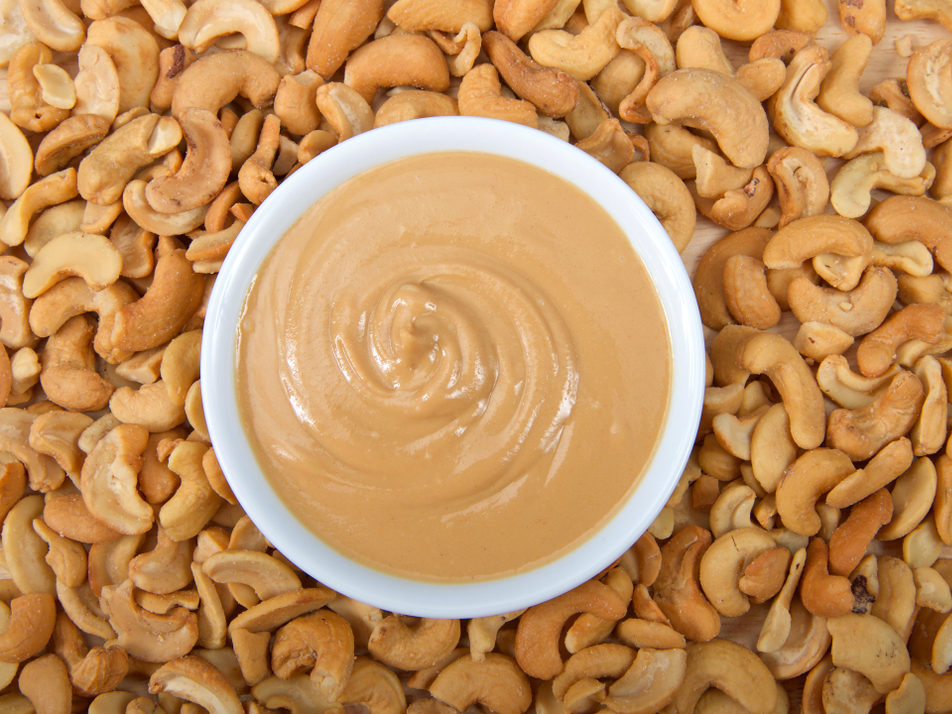ashew nuts, derived from the cashew tree (Anacardium occidentale), are a popular snack and food ingredient enjoyed around the world. Beyond their creamy texture and rich flavor, cashews offer numerous health benefits, making them a valuable addition to a balanced diet. Here’s an overview of the health benefits associated with consuming cashew nuts:
1. Rich Nutritional Profile
Cashews are packed with vitamins, minerals, and antioxidants. They are an excellent source of copper, which is essential for energy production, brain health, and a strong immune system. Cashews also contain significant amounts of magnesium, manganese, zinc, and phosphorus, nutrients that are crucial for bone health, digestion, and managing blood pressure levels.
2. Heart Health
Consuming cashews can have a positive impact on heart health. They are high in monounsaturated and polyunsaturated fatty acids, which are known to reduce bad LDL cholesterol and increase good HDL cholesterol. Studies have shown that including cashews in your diet can lower your risk of cardiovascular disease.
3. Weight Management
Despite being high in calories, cashews can be a part of a weight management plan. The fiber and protein in cashews can help you feel full for longer, reducing the likelihood of overeating. Moreover, some studies suggest that moderate consumption of nuts can boost metabolism and energy expenditure.
4. Blood Sugar Regulation

Cashews have a relatively low glycemic index, which means they do not cause a rapid spike in blood sugar levels. The healthy fats in cashews can also improve insulin sensitivity and help regulate blood sugar levels, making them beneficial for people with diabetes when consumed in moderation.
5. Bone Health
Magnesium, found abundantly in cashews, is essential for maintaining healthy bones. It works alongside calcium to support bone structure and strength. Cashews also provide a decent amount of calcium and phosphorus, further contributing to bone health.
6. Eye Health
Cashews contain high levels of lutein and zeaxanthin, antioxidants that are crucial for eye health. These compounds can protect the eyes from light damage, potentially reducing the risk of cataracts and age-related macular degeneration.
7. Improves Brain Function
The brain relies on healthy fats to function optimally, and cashews provide these essential fats. They are rich in brain-boosting nutrients like copper and magnesium, which can enhance memory and protect against neurodegenerative diseases.
8. Antioxidant Properties
Cashews contain antioxidants such as vitamins E and K, which can help fight against oxidative damage from free radicals. By reducing oxidative stress, cashews can help prevent chronic diseases and promote overall health.
Incorporating Cashew Nuts into Your Diet
Cashews can be enjoyed raw or roasted as a snack. They can also be used in various dishes, from stir-fries and salads to desserts and sauces. Cashew butter is another popular way to enjoy the nut’s health benefits.
Precautions
While cashews are healthy, they should be consumed in moderation due to their high calorie and fat content. Individuals with nut allergies should avoid cashews.
In summary, cashew nuts are a nutrient-dense food with a wide range of health benefits. Incorporating them into your diet can contribute to improved heart health, better blood sugar control, stronger bones, and enhanced brain function, among other advantages.




